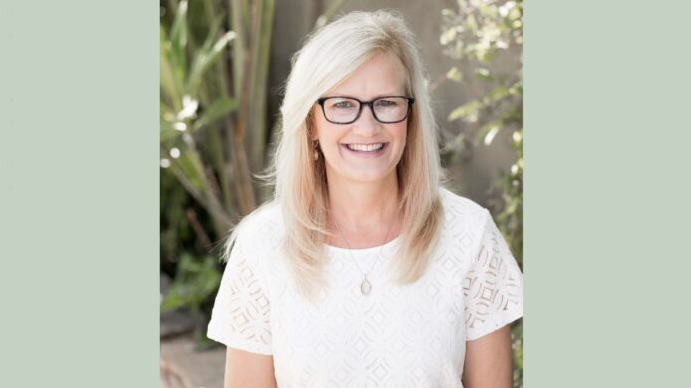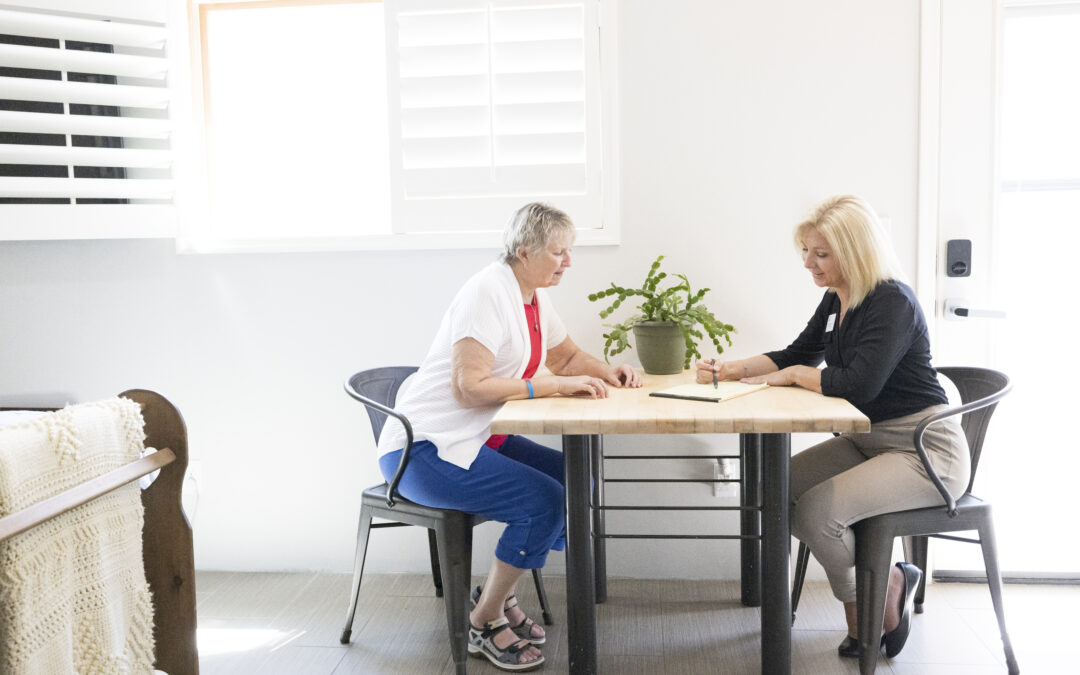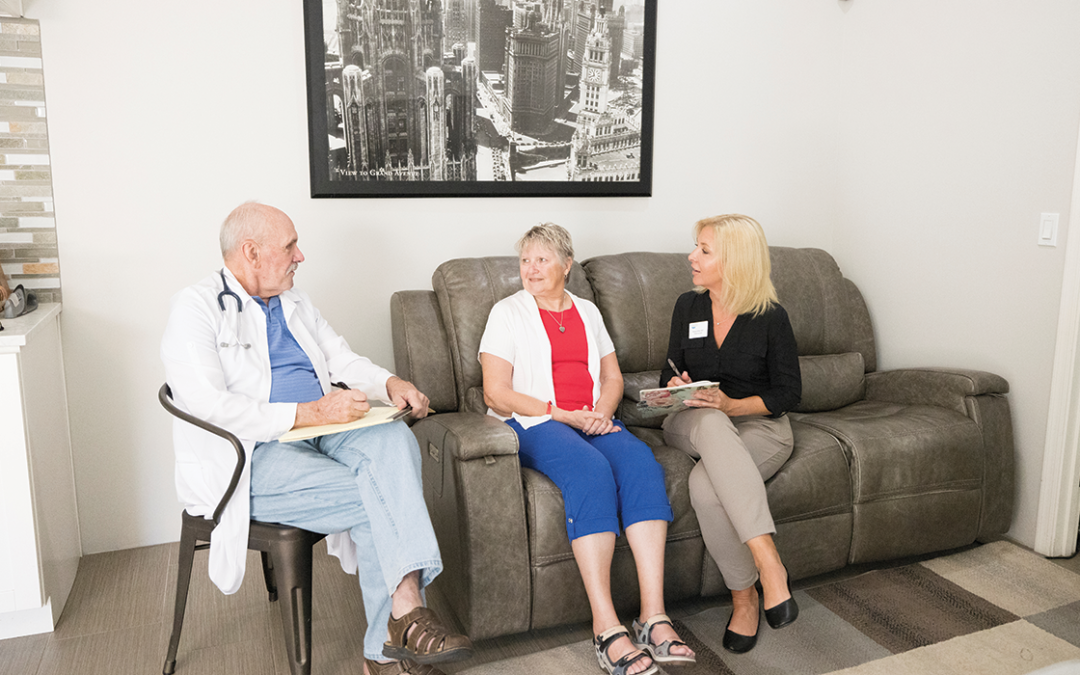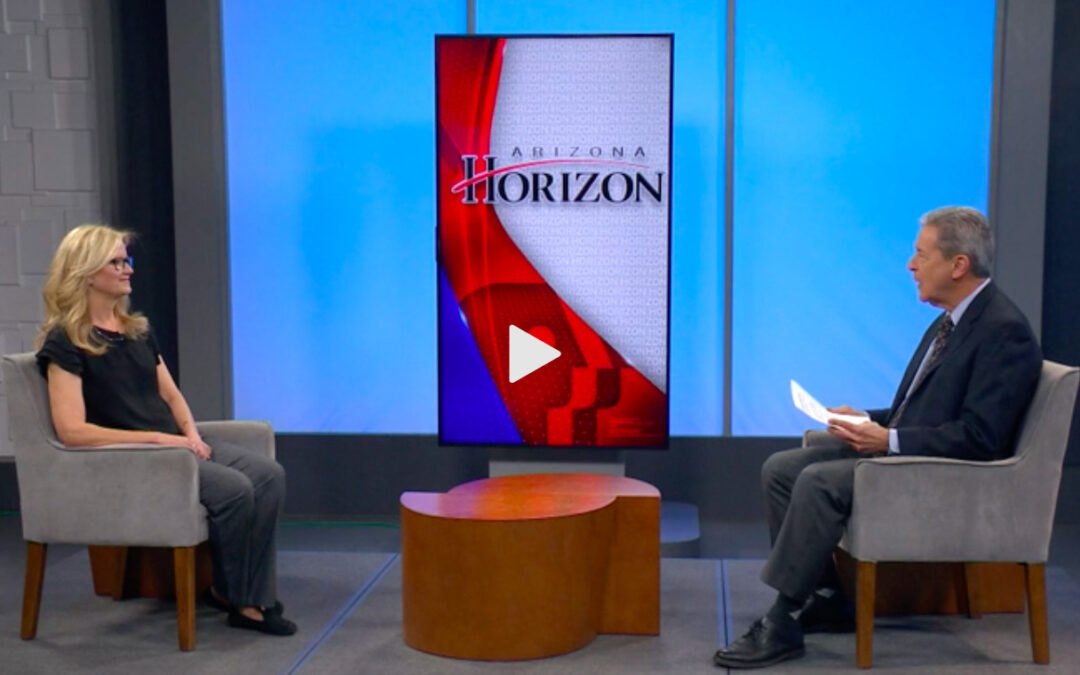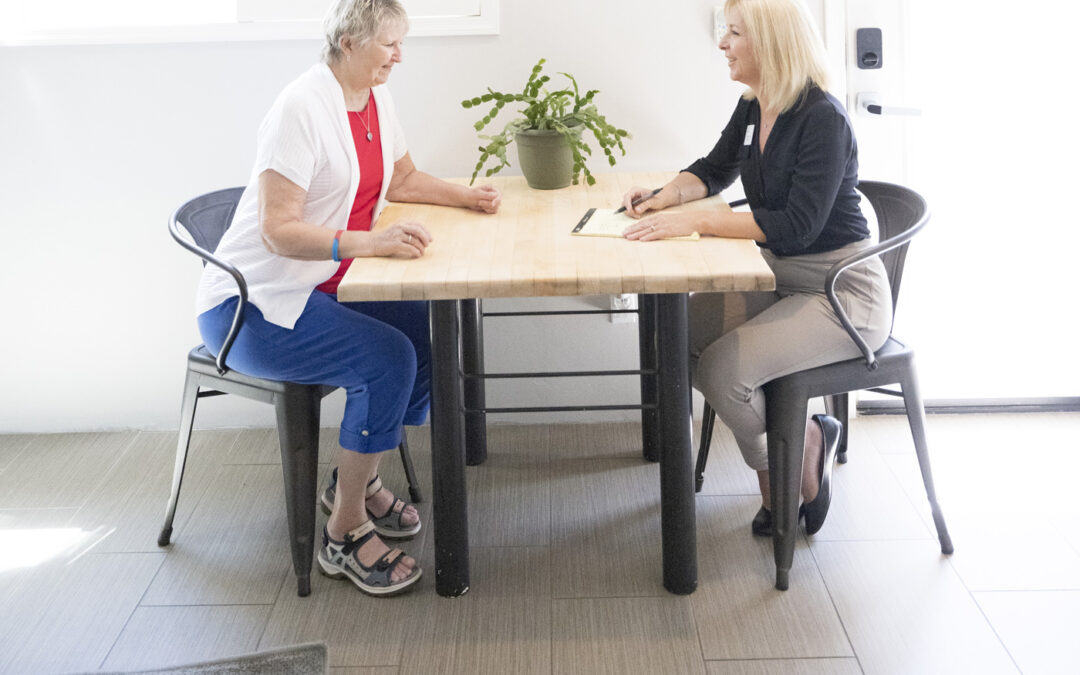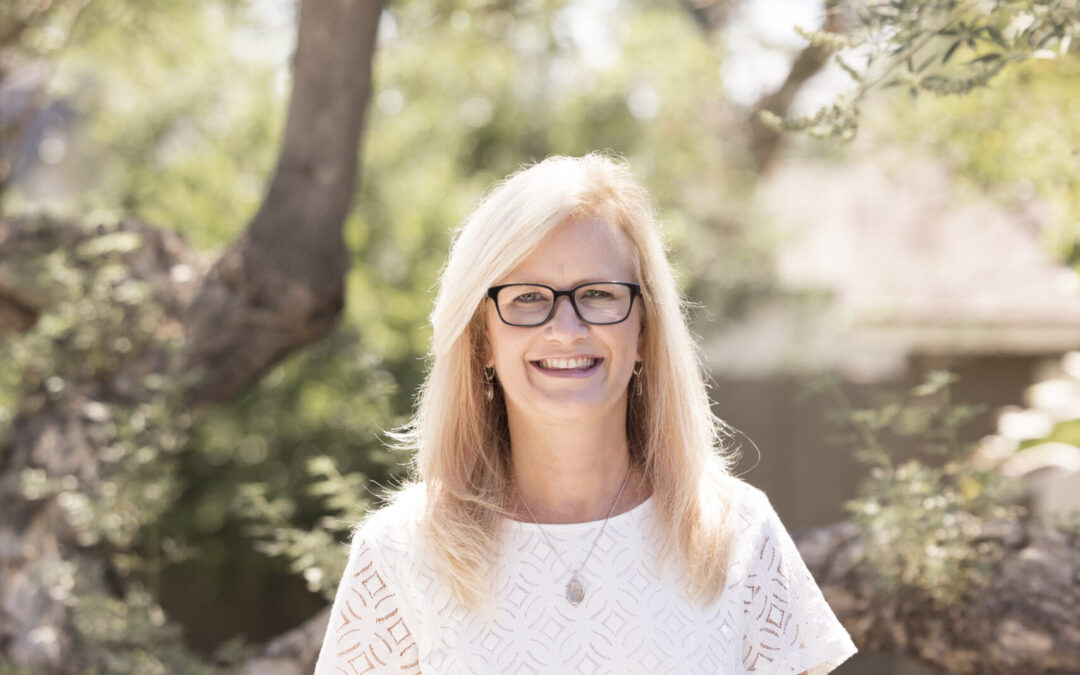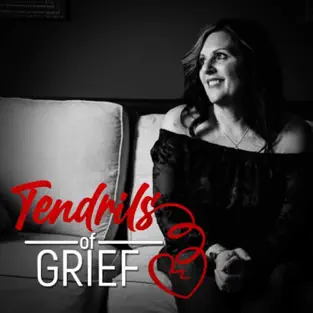Phoenix company helps people understand health care
Helping clients better understand what their health care providers are discussing and their care plans are among the services provided by Your Patient’s Advocate. Here, advocate Rondo Smith joins her client on a physician’s visit.
Two traumatizing events changed Janie Dalrymple’s life in a way the registered nurse could not have imagined. In the span of a year, Dalrymple’s husband died by suicide and her mother’s illness put her on a ventilator. While it could’ve sent her into an irreversible tailspin, Dalrymple used the events as motivation and inspiration to start Your Patient’s Advocate.
The Phoenix-based company launched in 2018 offers clients guidance, support and other assistance with the goal of obtaining the best health care possible.
Dalrymple and her team of advocates, the majority of whom are nurses, review medications and records, attend physician appointments and assist with transition from hospital care to home or
a facility, if needed.
Breaking down complicated terminology and doctor speak while making sure a patient’s multiple physicians are on the same page are also part of the work. Most of her clients need someone to help them make crucial healthcare decisions and ask the right questions, Dalrymple said. Sometimes, this means going over something two or three times over the course of an hour.
“We help lay out all those options. Often, healthcare providers don’t have the time to do this,” she said. “We’re just there to educate you on all of your options, so you can map the decision that’s best for you and your life.”
Most clients are older and find it difficult to talk with multiple physicians, who usually don’t communicate with each other to coordinate a patient’s treatment. Your Patient’s Advocate keeps track of records, notes and medications in an online patient portal to keep everyone in the loop. This has helped patients streamline prescription medications.
Sometimes, clients call while hospitalized and are overwhelmed by a flurry of complicated medical terminology doctors hurl at them in the few minutes they can spend before zipping off to the next patient.
“When you use those technical words, it can be scary. We explain what they mean. We bridge that gap between the client and the healthcare team,” Dalrymple said.
In its first year, Your Patient’s Advocate served five clients with Dalrymple doing it all. Today, she and her team serve 20 clients throughout the Valley and Tucson. It also provides ALS care via virtual visits nationwide. “Patients feel as if they’ve taken more control of their healthcare,” she said.
How the advocates serve patients
Dalrymple’s team is among the more than 71,668 patient advocates currently employed in the United States, according to Zippia.
Some clients find Dalrymple through their adult children, who are concerned about their parents and whether they are getting appropriate care. In these cases, she keeps the family informed.
This is how Gary and Nancy Dodd connected with Dalrymple, who was contacted by their daughters not long after the company launched.
Nancy has had three back surgeries. After her second, their daughters were concerned about how their parents, both in their 80s, were dealing with all of the information and medications, Gary said.
After meeting Dalrymple, they all clicked right away.
“For me personally, Janie has become a life preserver. I was way in over my head in helping Nan with her healthcare,” Gary said. “The support she’s given us has given us confidence in the decisions we are making.”
Dalrymple goes to most of Nancy’s doctor appointments as well as some sessions with her physical therapist, dermatologist and pain management specialists. She has gone on interviews
with aftercare and rehab facilities following Nancy’s surgery. She explains what’s happening in a way the Mesa couple understands.
Today, she is considered a family friend as well as a patient advocate.
Nancy said she appreciates the time Dalrymple spends answering her questions and the encouragement over the years, for both her and Gary.
“It just brings so much comfort and so much peace of mind,” Nancy said. “I’m in a much better place with her than if I didn’t have her.”
Life experience led to business idea
Originally from Fort Wayne, Indiana, Dalrymple pursued studies in corporate management in college with her sights set on the C-suite level. Her first economics class, however, dissuaded her. She dropped out.
Ten years later, she was working as an office manager at a hospice. Dalrymple saw the empathy, caring and compassion of nurses there. She realized her calling.
“Hearing how they were so fulfilled convinced me to go to nursing school in my late 20s,” she said.
Dalrymple would spend 20 years as a registered nurse and also the ALS clinic coordinator at the Mayo Clinic. In 2017, her husband died and she took time off.
Her husband never achieved his dream of starting his own business, so Dalrymple decided to take that on for herself. She got certified as a legal nurse consultant and planned to build her business around that. But the following year, her chronically ill mother went into acute respiratory failure and Dalrymple went home to Indiana to visit her in the hospital.
When the nurse came in to check on her mother, she would ask her if she was in pain. Because she was on a ventilator, she could not verbally respond. The nurse never made eye contact with her mother. Her mother also didn’t eat for five days due to a communication breakdown with the medical team.
Situations like these were the catalyst for Dalrymple’s business. She knew what questions to ask because she was in the medical field. But those who were not, would be lost.
“I advocated for my mom. I came home and realized so many would need someone to advocate for them,” said Dalrymple, whose mother has since died.
She got her certification in patient advocacy, and Your Patient’s Advocate was born.
“The most rewarding thing is the fact that nearly every client tells us how incredibly thankful they are for us spending time with them and being the voice they need to be but were afraid of being that voice,” Dalrymple said. “It’s a need that is out there.”



